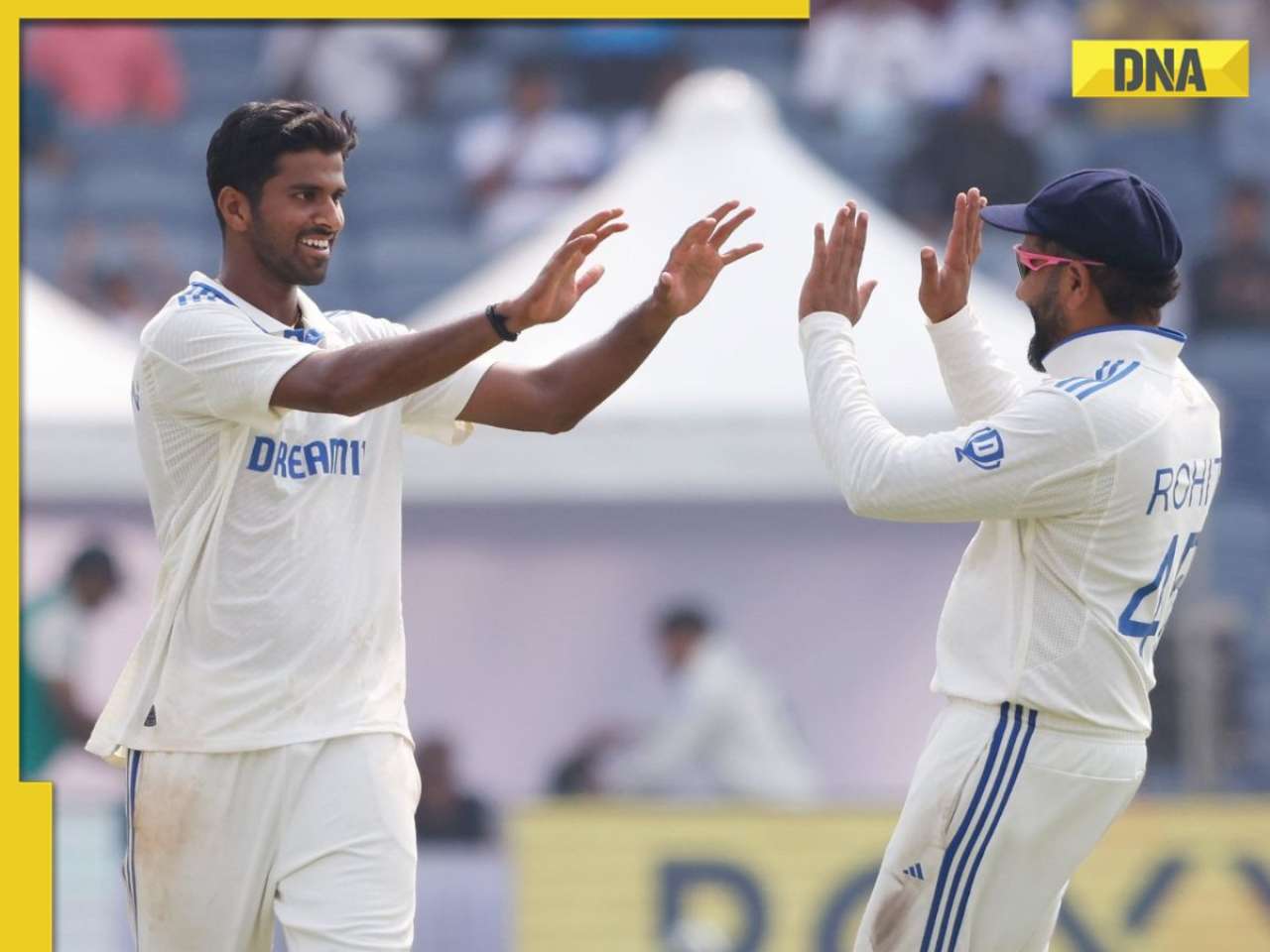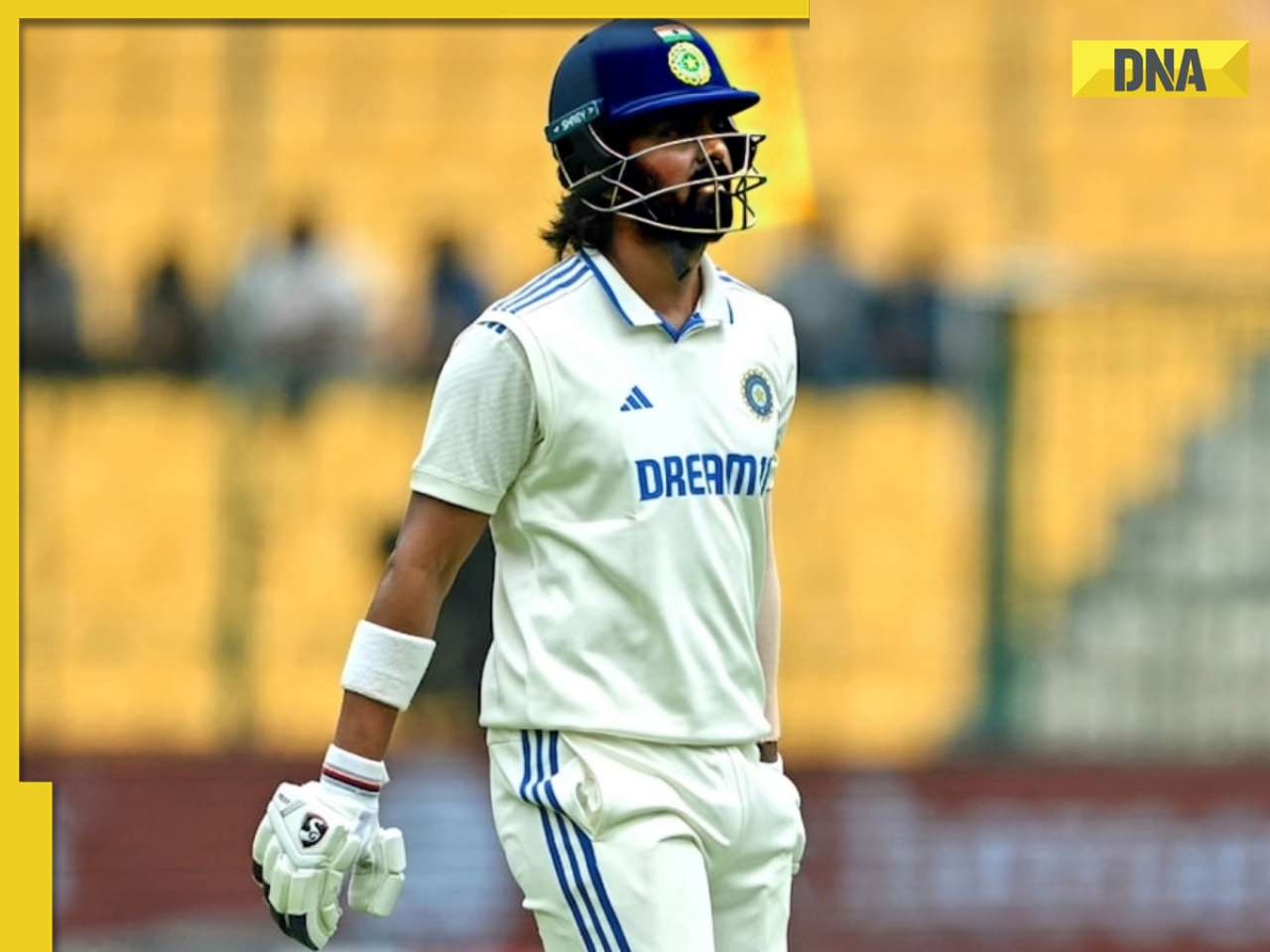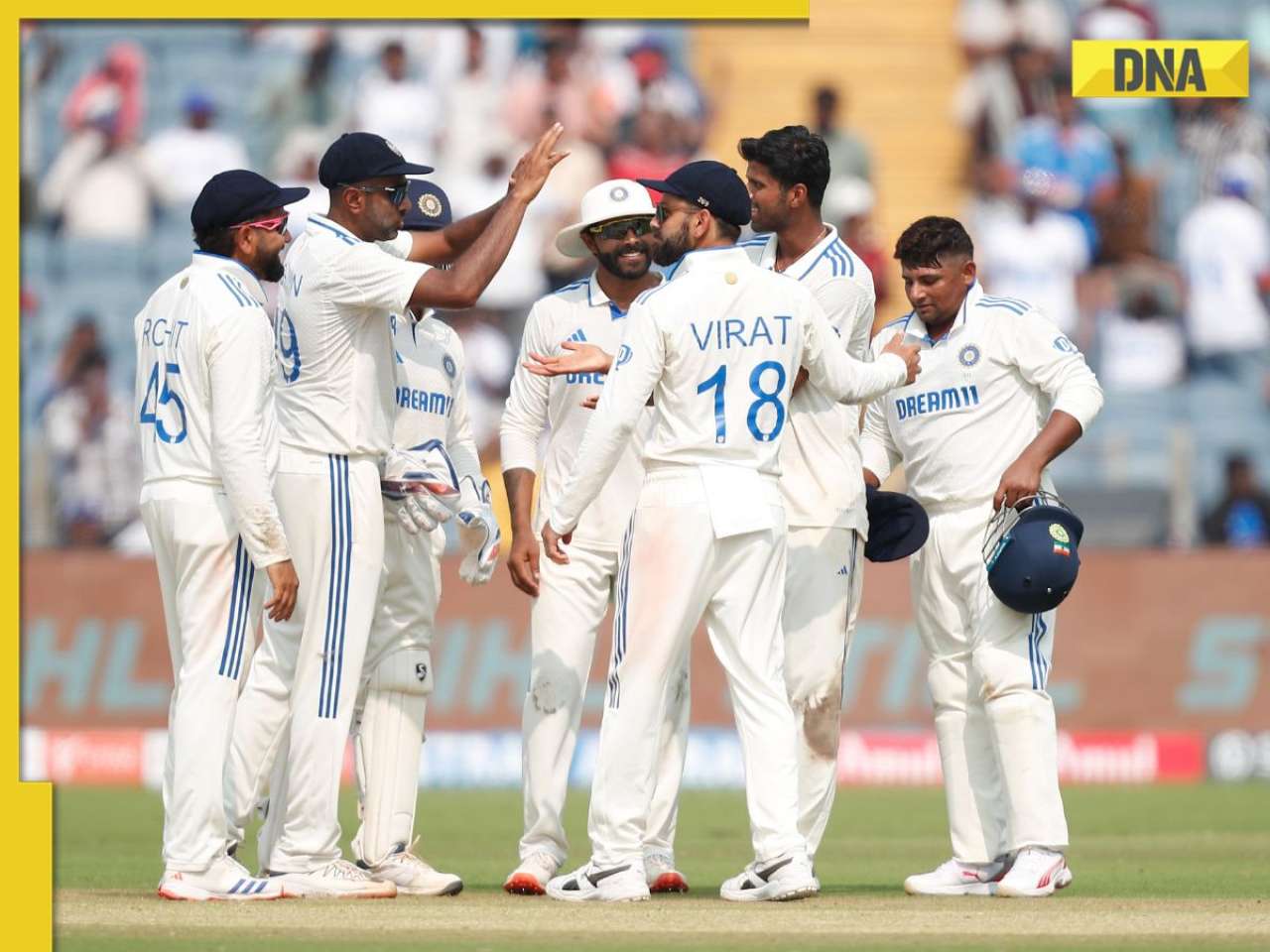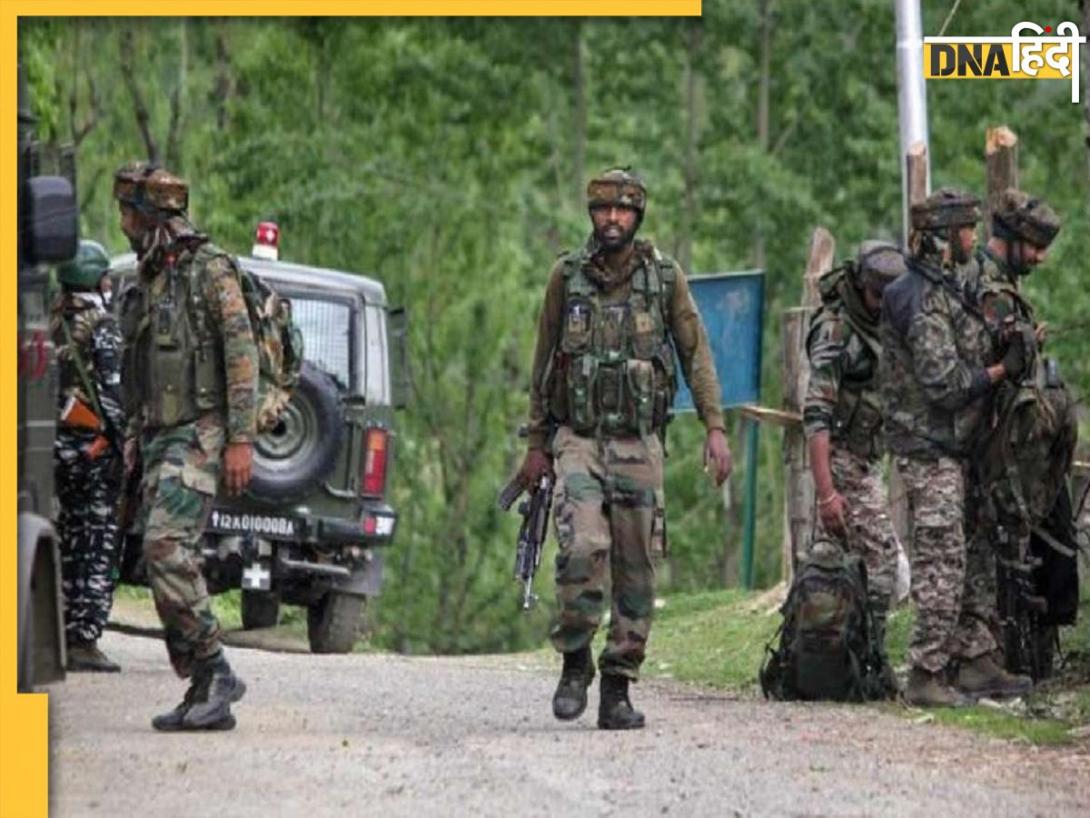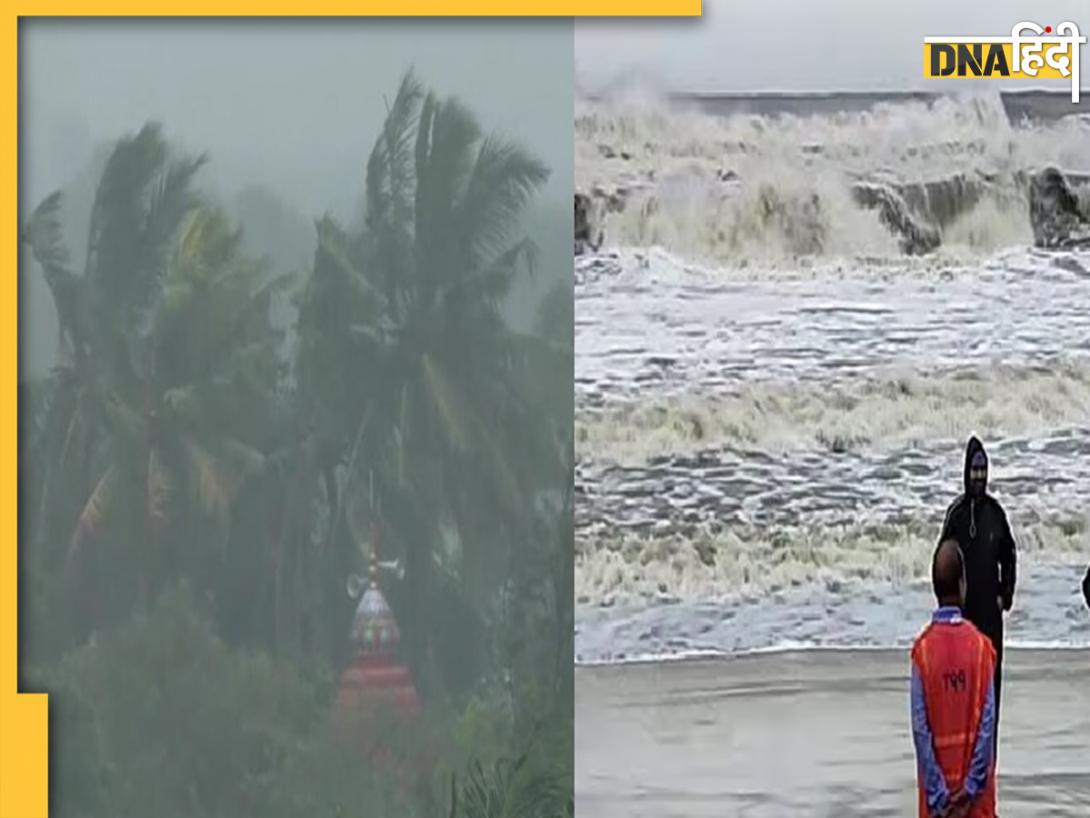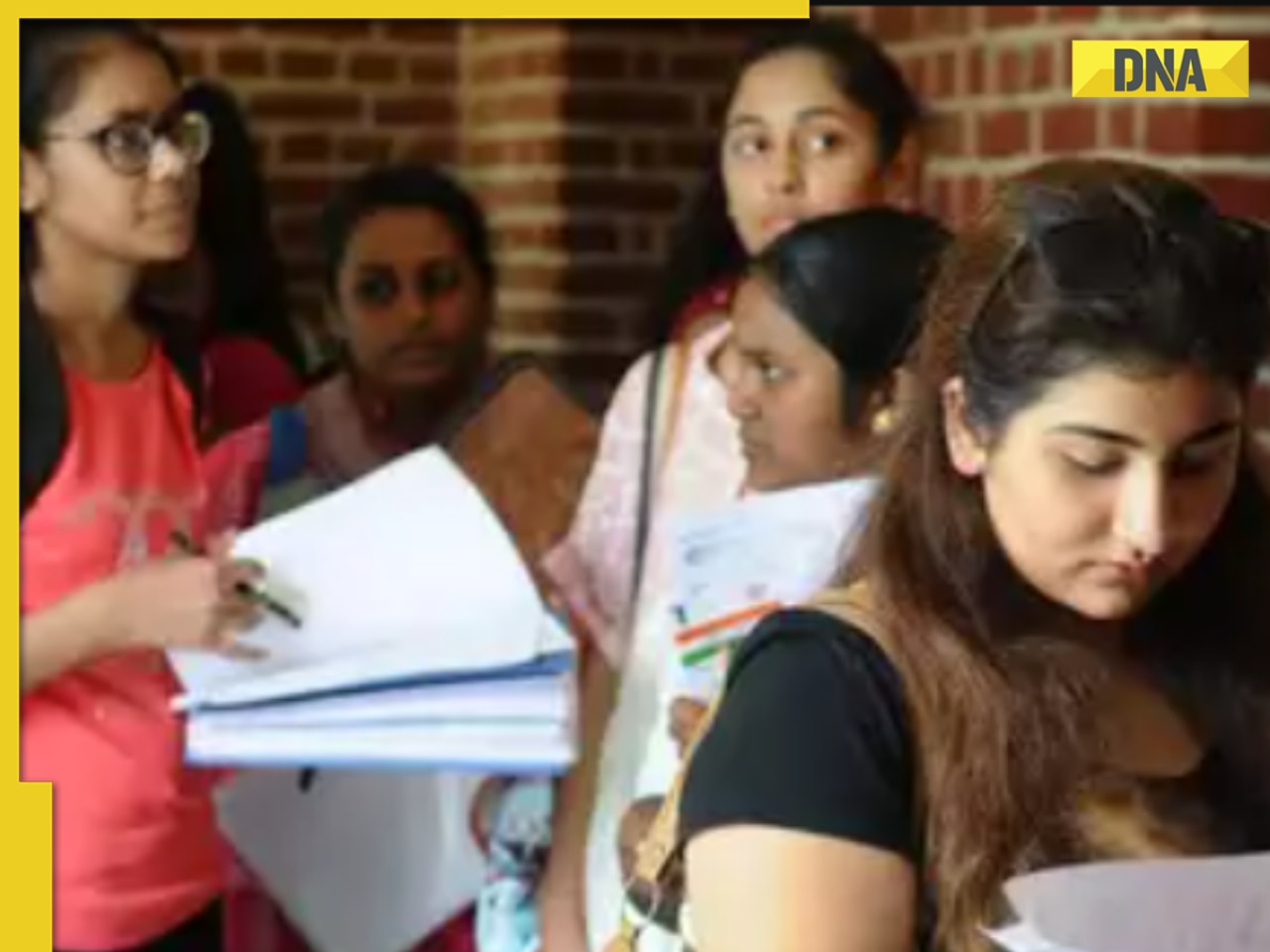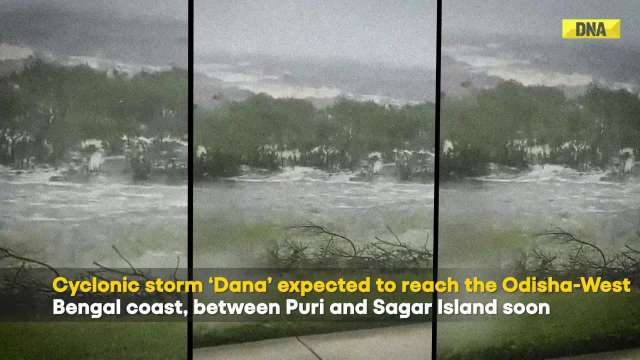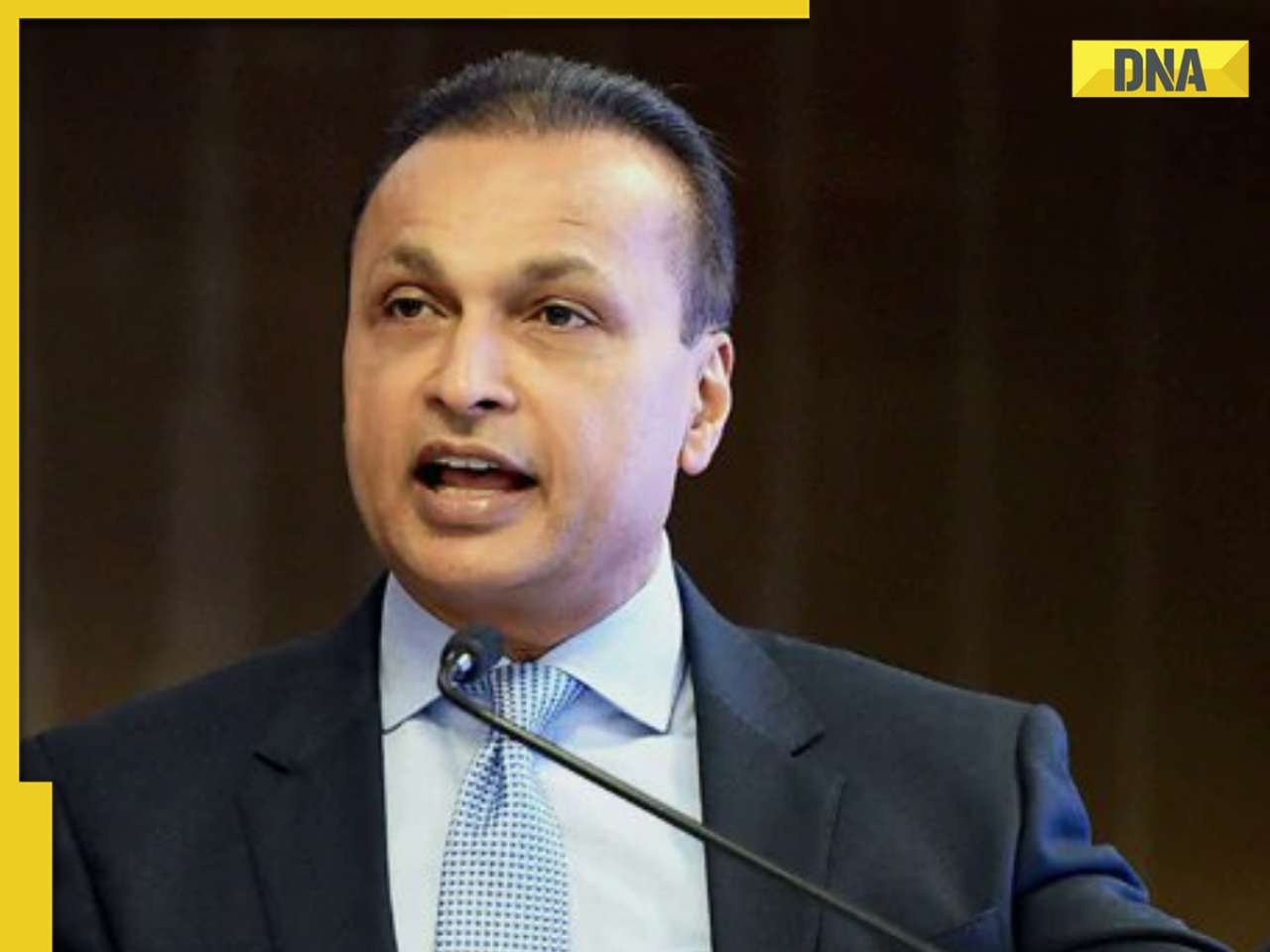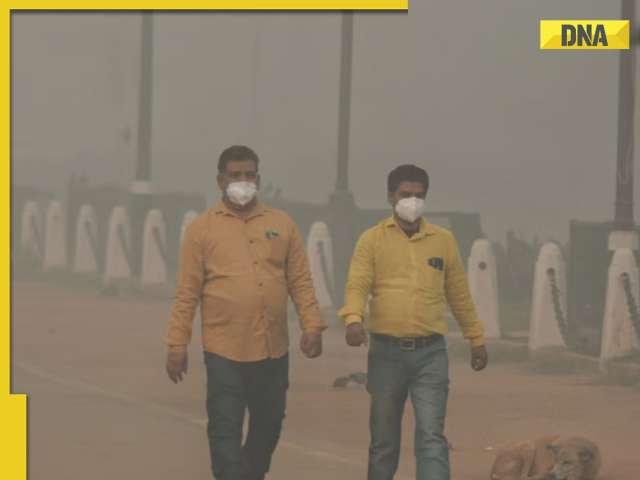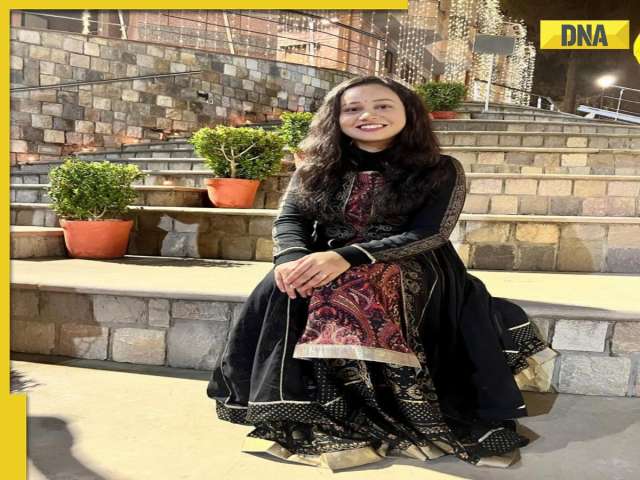- LATEST
- WEBSTORY
- TRENDING
HEALTH
Almost all coronavirus cases develop antibodies, no matter the course of disease: WHO
90 to 100% of people who are infected with the virus do develop an antibody response, no matter the course of the disease, WHO said.
TRENDING NOW
Almost 100% of COVID-19 patients develop antibodies no matter the course of the disease, WHO's Maria Van Kerkhove said on Friday.
"What we understand is 90 to 100% of people who are infected with the virus do develop an antibody response, whether you have mild infection or asymptomatic infection all the way to severe infection," Van Kerkhove, an expert on epidemiology, said at a virtual press briefing.
"And we're still learning how long that antibody response lasts, how strong it is, how it relates to immunity from another infection, and how long that lasts," Kerkhove added.
Amid the continuing spread of COVID-19, one of the prominent tasks for epidemiologists is to figure out the duration of immunity to the infection and the probability of reinfection.
WHO Director-General Tedros Adhanom Ghebreyesus on Friday said that decisions made by the governments and individuals in the coming days would be decisive.
On Wednesday, the United Kingdom authorized the Pfizer-BioNTech vaccine for emergency use, becoming the first country to do so. It gave the country a jump in mass vaccination against COVID-19.
Tedros said the pandemic still had a long way to run and that decisions made by citizens and governments would determine its course in the short run and when the pandemic would ultimately end.
"We know it's been a hard year and people are tired, but in hospitals that are running at or over capacity it's the hardest it can possibly be," he said.
"The truth is that at present, many places are witnessing very high transmission of the COVID-19 virus, which is putting enormous pressure on hospitals, intensive care units and health workers."
However, the WHO's top emergency expert Mike Ryan also cautioned on Friday against complacency in the wake of vaccine roll-out, saying that although they were a major part of the battle against COVID-19, vaccines would not on their own end the pandemic.
"Vaccines do not equal zero COVID," he said.
Ryan said some countries would have to sustain very strong control measures for some time into the future or they would risk a "blow up" in cases, and a yo-yoing of the pandemic.
"We are in a pivotal moment in some countries. There are health systems in some countries at the point of collapse," he said, without referring to specific countries.
According to Johns Hopkins University, there are 65,627,738 COVID-19 cases and 1,514,387 deaths.
The United States continues to be the worst affected country with over 14 million cases as several countries and government organizations around the world are at various stages of production of the COVID-19 vaccine.
(With agency inputs)
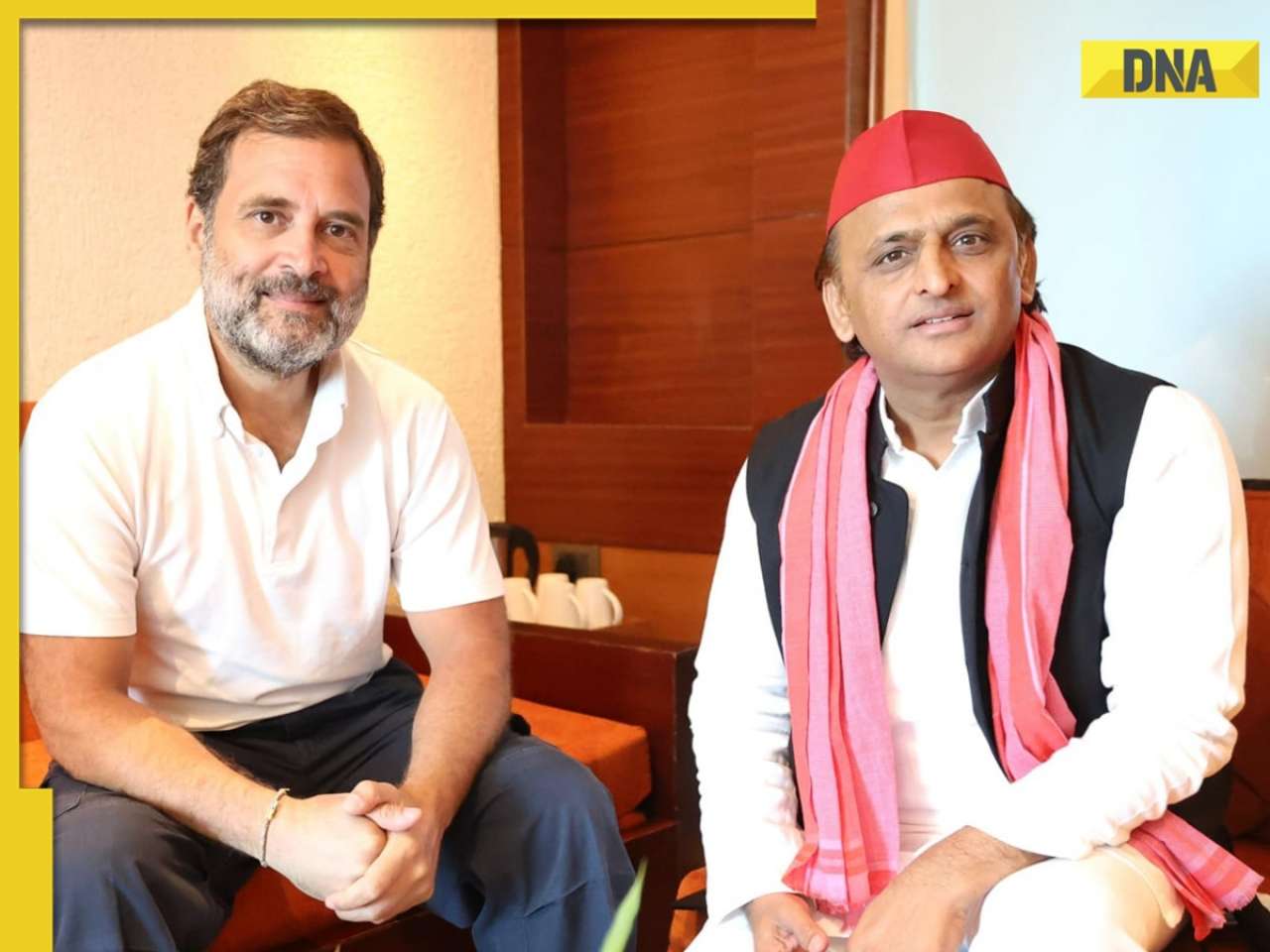






)
)
)
)
)
)
)
)
)
)
)
)
)
)
)
)







